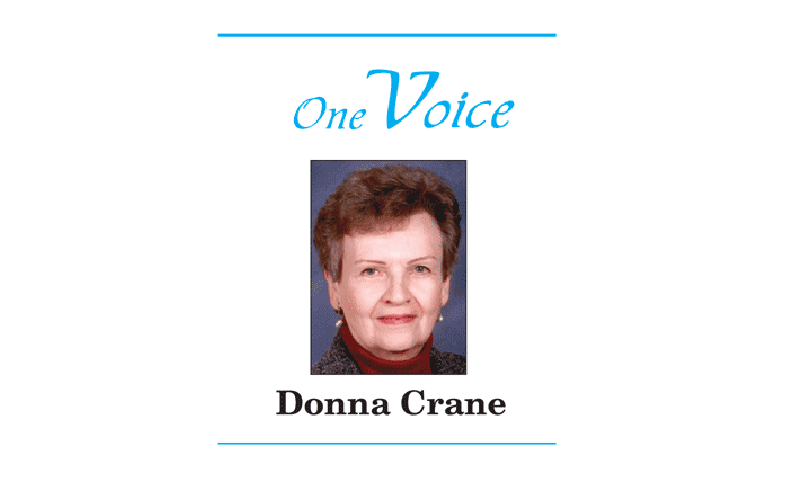
The Associated Press released an announcement by Skyhorse Publishing that Jacqueline Jackson, mother of former congressman Jesse L. Jackson Jr., about her book: “Loving you, Thinking of you, Don’t forget to pray. Letters to my son in prison.”
Here is the release: “From a mother, role model, and civil rights veteran, an inspiring gift of love to a child in his darkest hour.
“Jacqueline Jackson promised her son, congressman Jesse L. Jackson, Jr., that she would write him every day during his incarceration in federal prison to serve his 30-month sentence. This book is an inspiring and moving selection of the letters she wrote him. Together, they comprise a powerful act of love: Nurturing and ministering to her son’s heart, health, and mind and maintaining his essential connection with home.
“Frank, anecdotal, imbued with faith, and sometimes humorous, they offer intimate details from the family’s daily life, along with news of friends and the community and glimpses of such figures as Nelson Mandela, Winnie Mandela, and mayor Marion Barry. They touch eloquently on issues of social justice, politics, and history, as when Mrs. Jackson recalls growing up in Jim Crow Florida, and they reflect the qualities, instilled by her own mother, that made her a role model for much of her life.
“Ultimately, these letters offer a blueprint for why we have to support our families, not just as they elevate, but when they fall. This collection is Mrs. Jackson’s contribution to healing during a time when our prisons are full and our communities are suffering. She provides the road map for ensuring that the individuals serving sentences understand that prison is where they are, not who they are and for helping them sustain the courage to keep hope alive,” Mrs Jackson wrote in her book.
The Alexandra Natapoff’s book, “Punishment Without Crime” is a revelatory account of the misdemeanor machine that unjustly brands millions of Americans as criminals.
“Punishment Without Crime” offers an urgent new interpretation of inequality and injustice in America by examining the paradigmatic American offense: The lowly misdemeanor. Based on extensive original research, legal scholar Alexandra Natapoff reveals the inner workings of a massive petty offense system that produces over 13 million cases each year. People arrested for minor crimes are swept through courts where defendants often lack lawyers, judges process cases in mere minutes, and nearly everyone pleads guilty. This misdemeanor machine starts punishing people long before they are convicted; it punishes the innocent; and it punishes conduct that never should have been a crime. As a result, vast numbers of Americans, most of them poor and people of color, are stigmatized as criminals, impoverished through fines and fees, and stripped of drivers’ licenses, jobs, and housing.
“For too long, misdemeanors have been ignored. But they are crucial to understanding our punitive criminal system and our widening economic and racial divides,” Natapoff wrote.
The book is a revelatory account of the misdemeanor machine that unjustly brands millions of Americans as criminals
“The U.S. prison system, now home to more than two million Americans, runs like an economy unto itself: From the cafeteria line to the phone line to the assembly line, a steady stream of money is fueling our incarceration complex. But who profits off prisoners remains a trade secret.
“That’s why advocates for criminal-justice reform are now harnessing big data to map out the carceral state, exposing the corporate networks that administer and finance the prison industry while driving its expansion. The Corrections Accountability Project of the Urban Justice Center (where, full disclosure, this author once interned) presents a kind of yellow pages of criminal justice, revealing the convoluted, self-serving mechanics of industrialized incarceration.
“The prison economy rests on an opaque, often unaccountable economic infrastructure, with its own private-equity financiers, holding companies, and multinational executives. Since the financial transactions driving incarceration are typically private and unregulated, according to CAP director Bianca Tylek, their analysis aims ‘to help people understand just how big this space is,’ particularly because, often, ‘companies spend their money in a way to further entrench or expand the use of our criminal-legal system, and who it ends up touching,”’ Natapoff wrote.

